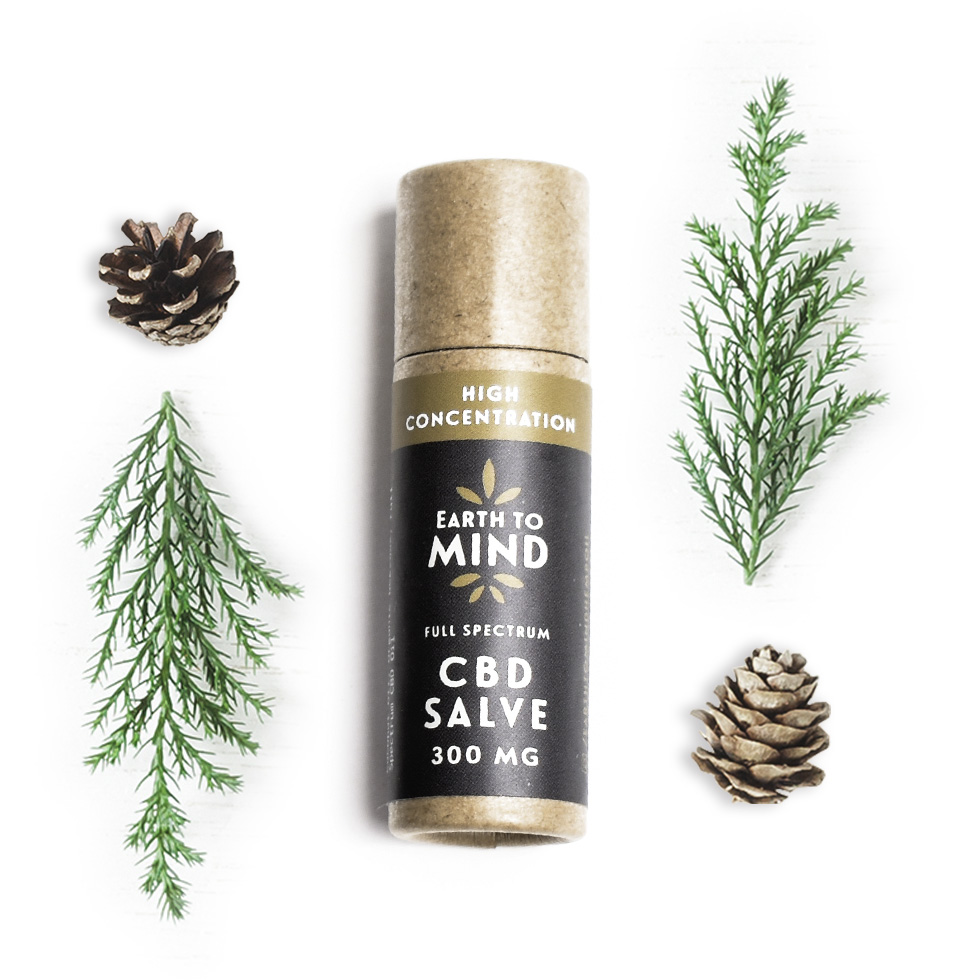
18 Jan Science of Hemp: Inflammation and CBD
After the 2018 Farm Bill significantly eased restrictions on hemp, the CBD “boom” brought products of all kinds to the market.
While many are exploring the benefits of hemp flower and CBD for anxiety and stress, there’s a growing number of folks using CBD for chronic pain and inflammation— and growing research to back it up.
Since the discovery of the endocannabinoid system (ECS) in the 1990s, scientists have made some, but not a lot, of progress in understanding how it works.
We know that the ECS is a complex cell-signaling system and that it is active in our bodies even if we don’t use cannabis. We also know it plays a role in regulating a range of functions and processes in our bodies, from muscle formation to sleep and metabolism.
Experts agree that ECS is all about homeostasis. When something throws off the stability of your internal environment, it kicks in to help your body return to normal. While we still don’t completely understand how, this does explain why many CBD users have found relief from acute and chronic inflammation issues.

Inflammation
Inflammation occurs as a natural protective response when the body is harmed. We can infer, then, that part of this response (an attempt to return to homeostasis) is related to our endocannabinoid system. And preliminary research seems to agree.
Scientists don’t know for sure that this is how the ECS works, or how CBD and THC work to aid our bodies’ natural processes, but the research is promising.
There are also multiple animal studies highlighting the anti-inflammatory effects of CBD in specific contexts:
- A 2011 mouse study found that CBD reduced intestinal damage in inflammatory bowel disease (IBD)
- Another 2011 study in rats with Alzheimer’s reported that CBD reduced brain inflammation and promoted the growth of new neurons (neurogenesis)
- A 2013 study in mice found that CBD reduced inflammation in the pancreas (pancreatitis)
- A 2016 study of CBD gel reported a reduction of pain and inflammation in mice with arthritis
That research (and much more) suggests that CBD help can help reduce both chronic and acute inflammation. A 2009 review shows CBD may also reduce acute inflammation, which is most often the body’s reaction to an injury.

Which Variety Is Best
Even without actionable data, many people take CBD in the hopes of reducing inflammation associated with arthritis, digestive disorders, neurodegenerative conditions, and muscle soreness.
For almost all chromic ailments, CBD taken sublingually is the answer. This prevents excessive degradation of the cannabinoids caused by passing through your digestive system and helps the CBD enter your bloodstream for quicker relief. Some experts believe that a combination of tinctures and smokeable CBD yields an even better result.
But, while the research remains out, we just don’t know for certain. For now, listening to your body and tracking your results can help you find the right dose for your needs.


